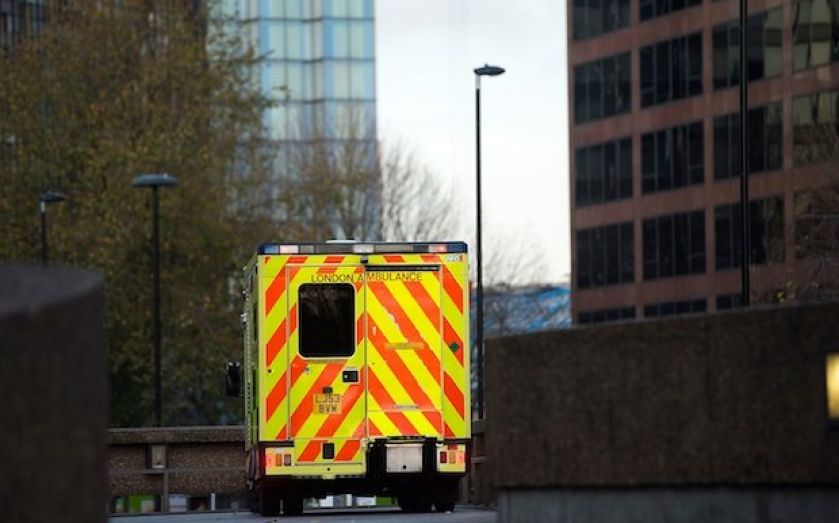We’re failing to face up to the long-term crisis stirring within the NHS

DO YOU think the NHS will be a significant factor at the next general election?” asked a BBC reporter last year, as we stood chatting. Never mind recent structural reforms, purely on the basis of our ageing population, it has to be. But whether there will be a realistic debate about what the NHS can be for the next generation – or another round of Jennifer’s ear, or MPs chaining themselves to their local hospital – still remains to be seen.
Just as fiscal and demographic pressures mean we should be asking what the welfare state is for, so we should be asking what the NHS is for. There has been a significant failure of leadership on the subject. Instead of thinking strategically about the NHS, the danger is politicians will be focused purely on the next election, and not on ensuring a service fit for purpose.
The financial situation, which has been well set out by the Institute of Fiscal Studies, is stark: to carry on delivering services as we know them will cost us an extra £30bn per year by 2021-22 – and only by this, and not more, if we manage to make the “productivity” improvements of 4 per cent annually currently required.
While we know there is much room for improvement in service delivery – and should object to the way we are kept dependent on professionals (including the difficulty patients can face in accessing their own medical records) – such savings have never previously been achieved. And to simply think that a new hypothecated charge (as some have suggested) or raising taxes is the answer to this funding gap ignores the challenge of our ageing population.
In 1948, when the NHS was born, 11 per cent of the UK population was over 65 years of age. It’s now about 17 per cent and will rise to roughly 23 per cent by 2030. This means the ratio of working (taxpayers) to retired people over the age of 70 will fall dramatically. In 2010 it was 5.3:1, but by 2030 it will be 3.7:1 – a massive 30 per cent drop. An extra tax hike to fill this hole, on top of the existing funding gap, is surely untenable.
The lack of narrative on the challenges the NHS faces is a major disservice to the public. We hear piecemeal about one section or another: maternity, A&E, GPs, your local hospital, obesity, winter pressures. But no one is setting out the tough decisions that lie ahead.
The only way forward is to have a national discussion about the future of the NHS: what it is there for, what it should realistically be expected to provide, what it will look like, and how it could be paid for. Without a willingness among politicians to have this difficult debate, we will see services fragment, quality and safety compromised, inequalities widen, and a missed opportunity to make reasoned changes before things become critical.
Julia Manning is chief executive of 2020Health, an independent social enterprise think tank.